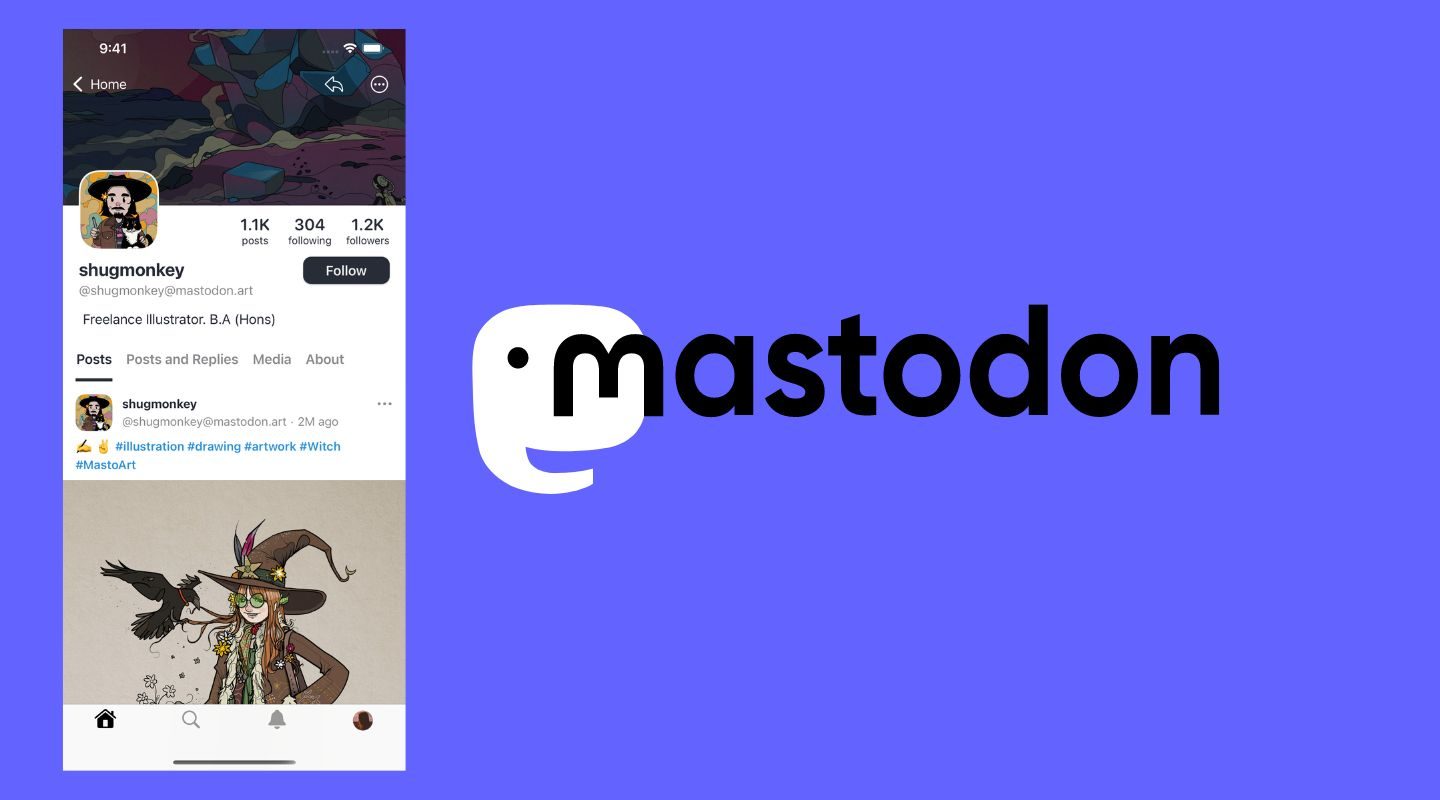News of Elon Musk’s takeover of Twitter has caused some to look for alternates to the social networking giant. As a result, interest in the open-source social media platform known as Mastodon has spiked.
Labelled by some as a ‘Twitter killer’, the Mastodon app has shot up the charts on iOS and Android over the past week. Although the social network isn’t new (it was founded in 2016), many of its users are new to the service. Mastodon says that more than 650,000 people currently use the service. Of these, nearly a quarter of a million have joined in the last week.
But what is Mastodon, and could it really replace Twitter? Let’s take a look.
What is Mastodon?
On the surface, Mastodon seems just like Twitter. Account users create posts (which are called toots rather than tweets), and other users can reply to the post, like it or re-post it.
There are other similarities to Twitter, too. Users can follow each other, there are hashtags and there’s even a news tab. Plus, there’s also the functionality to attach media to toots and to favourite other people’s posts.
What are the differences between Mastodon and Twitter?
Although Mastodon and Twitter sound similar at face value, there are a number of differences between the two social networking sites.
While Twitter is a singular platform, Mastodon describes itself as “a network of millions of users in independent communities that can all interact with one another”. This means that Mastodon is not a singular platform in the way Twitter is. Although all the servers link together and form a collective network, they’re owned by different people and organisations.
When you create a Mastodon account, you sign up for a specific server that is run by whoever set it up. This is usually a volunteer who does it out of their own pocket or accepts donations. Each server has its own policies and rules, which you must follow. Any reported posts are sent directly to the owner of the server, who can decide whether to delete it or ban you entirely.
Servers are usually themed by location or interest. For example, there’s a UK server and a server for gaming. In truth, it doesn’t particularly matter which server you initially join because you can follow users on other servers anyway. However, it does give you a starting community who are more likely to post things you are interested in as well.
Added to this, usernames on Mastodon are different. When you join Mastodon, the server you join is reflected in your username, which will be @[username]@[the Mastodon server you signed up to]. In this regard, Mastodon usernames are like email addresses. The first part is your chosen identifier and the second part is the organisation that looks after your inbox.
What does Mastodon look like?
Once you’re signed up, Mastodon looks similar to Twitter. Posts show up in a timeline-like format. But, there’s never any algorithm-driven ordering and Mastodon doesn’t display ads.
If you like, you can also find a list of suggested people to follow, regardless of which server they are in. However, this is not shown automatically. You can also search hashtags to find interests and conversations.
Could Mastodon replace Twitter? – the view from Spike
Although Mastodon looks like Twitter, it is not a like-for-like replacement. However, it’s easy to see how people could be attracted to Mastodon now Twitter is owned by Elon Musk. After all, its decentralised nature means it cannot be run at the whim of a single entity. It also cannot be bought or sold.
However, the downside of this is that users are instead at the whim of the person who runs their server. If the owner abandons the server or kicks the user out, they lose their account.
Similarly, the fact that different servers also have different moderation processes is also an issue for Mastodon. While some established servers have clear rules, some servers have no moderation processes in place at all. If Mastodon continues to grow, this could become problematic.
For this reason, it seems unlikely Mastodon can replace Twitter in the long term. However, its growth shows the appetite for an alternative to Twitter and it will be fascinating to see how Elon Musk responds.
Author spike.digital